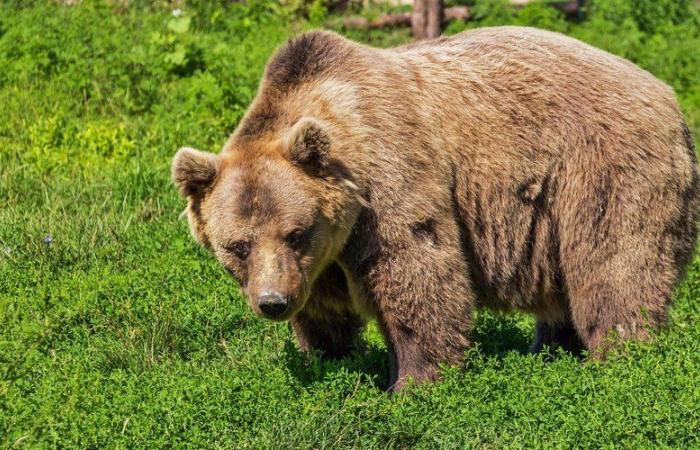
the essential
The question surrounding the management of bears by the Ariège Pyrenees Regional Natural Park is causing great tension.
From Castillon-en-Couserans to Val-de-Sos, via Saint-Girons, La Bastide-de-Sérou and Mas-d'Azil, the Regional Natural Park (PNR) of the Ariège Pyrenees offers a veritable landscape of a map postal. 2,500 km², or 40% of the department, which also serve as a refuge for fauna and flora ranging from the most common to the rarest species. This haven of peace recently saw its tranquility disturbed by a controversy. It must be said that one of the species it shelters, although an emblematic figure of the Pyrenees, crystallizes all the tensions: the brown bear.
Alain Reynes, head of the “Pays de l’Ours – Adet” association, criticizes the Ariège Pyrenees PNR for ignoring the presence of the brown bear in the draft of the new charter which will come into force in 2025 “It is the very nature of the PNR to get involved in the conservation of species, particularly those that are threatened on their territory, as is the case for the bear. However, the Regional Natural Park. of the Ariège Pyrenees refuses to do so,” says Alain Reynes indignantly.
“We are not asking the PNR to take a position”
For the director of the association, if the question of conservation and restoration of threatened species is not the responsibility of the PNR, the latter is nevertheless supposed to “implement in its charter the actions that it can lead to a local scale, so as to participate in national action plans in favor of the bear”, he continues. Prerogatives which should revolve around mediation, information, public awareness and questions relating to cohabitation.
An inactivity also criticized by the Environmental Authority or the National Nature Protection Council. “These organizations affirmed that the PNR must not remain silent on a species at stake, in this case the bear, which is the subject of a national action plan. Especially since the texts are very We are not asking the PNR to take a position for or against the bear, but just to integrate this species into its actions so that things go as smoothly as possible,” he continues.
“These commitments have never been respected”
Since its creation in 1967, the Pyrenees National Park has nevertheless claimed to participate in the Brown Bear network and is responsible for carrying out assessments and compensation for damage caused by bears in the National Park. At the same time, in the first version of the park charter, measures relating to cohabitation and mediation were included. “These commitments have never been respected,” claims Alain Reynes.
For his part, Kamel Chibli, the president of the PNR of the Ariège Pyrenees, is clear on the subject. “The park will never be taken hostage, neither by the pro-bear nor the anti-bear side. The reality is that certain groups would like the PNR to put itself in a position to manage the problems of the species, whereas it is of the responsibility of the State. We are a mixed union and not a state body”, replies the president of the park.
“The bear question remains a source of tension in Ariège”
For Kamel Chibli, the Environmental Authority and the National Nature Protection Council, among others, tried to lock the park into the bear issue. “As long as I am president of the park, the PNR will not be intended to manage this problem. Today, the bear issue remains a source of tension in Ariège, hence the need to work for appeasement By taking a proactive stance on the management of the species, this would put us in a situation of conflict and difficulty.
A park must unite forces to lead them towards the same objective: preserving our resources and our heritage while guaranteeing survival and life in our rural and mountain territories. As president, my goal is to preserve the collective interest,” he concludes.





